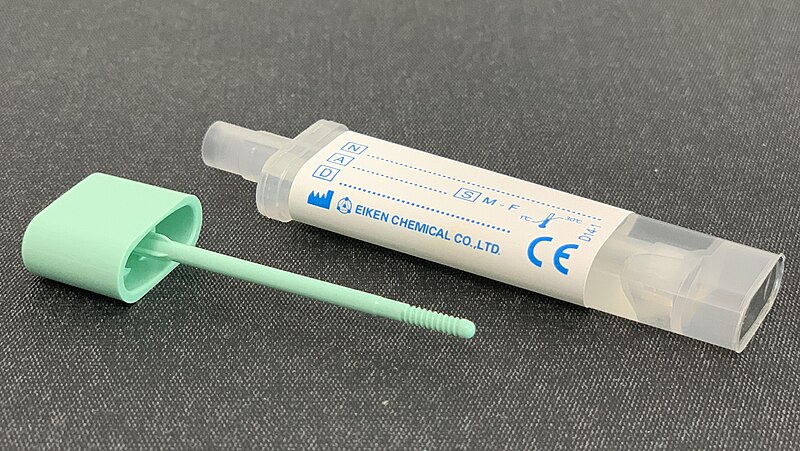News release
From:
In New Zealand, bowel cancer is the second highest cause of cancer death, which is why a bowel cancer screening programme has been introduced. Some people attempt to engage one or multiple times with screening yet fail to ever obtain successful screening. In New Zealand, over 7,000 individuals fall into this category and it’s more likely in men, Māori, Pacific peoples and Asians or those living in high-deprivation areas. Because of this, we suggest drop-off location checking services for all participants are required in New Zealand.



 New Zealand
New Zealand



